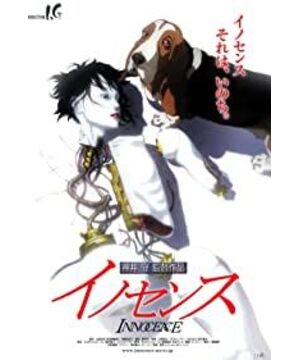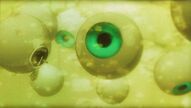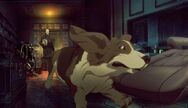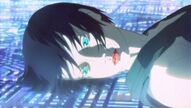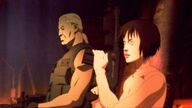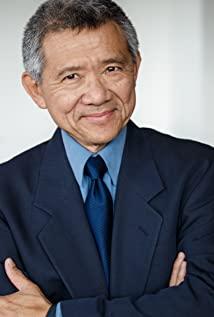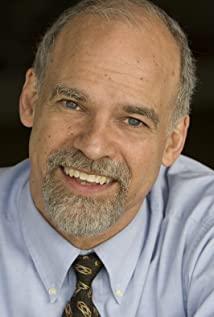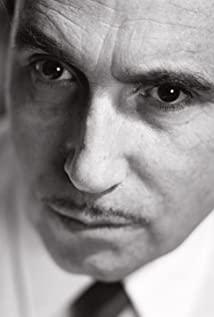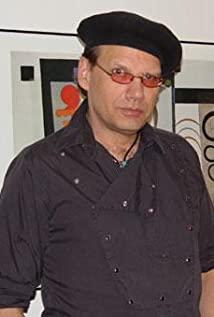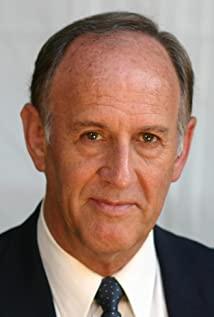Reprinted from the public account of the same name, "It's a Bionic Man", pushing everything about science and fantasy.
"Ghost in the Shell: Innocence" reflects the film with some Christian ideas from the title.
And who is the object of the judgment of "innocence" should be the focus of the film, and I will give the answer I understand at the end of the article.
If the protagonist of Attack in the Shell is Motoko, then I think the protagonist of "Innocent" should be the hacker "Jin" on the island.
The complete metamorphosis of Motoko (before fusion with the puppet master) is to equip "life" with more perfect hardware, out of the worship of "god" and the coveting of its power. Same purpose as every anthropomorphic human being.
However, Jin's complete prosthesis was out of his "worship" of dolls. He gave up strength, "hardware", and even gave up his life.
The above is Jin's view that gods and puppets are two directions towards "completeness".
Infinite consciousness, or the disappearance of consciousness,
Corresponding to "God" and "Doll" respectively.
Corresponding to the prime child combined with the puppet master, and the self who really died,
is a complete realization.
Other than that, there were only animals that could rival gods and dolls.
So, now the answer is revealed——the "innocent" are gods, puppets and animals,
This is our answer in the movie poster.
And to rule out, the only guilty ones are probably human beings. This coincides with Christian thought.
This movie is to say "guilty" with "innocence"?
I have had two confusions about Christianity since I was a child.
(According to the biblical "Genesis" record, Adam and Eve were tempted by snakes, violated God's prohibition, and stole the fruit of wisdom in the Garden of Eden, thus committing sin)
First, Adam and Eve ate the fruit of "wisdom." Why were they guilty? If God chastises them for not being tame, then I don't think God is really loving. Not sharing what is really good is not what God should do. So their fault is not in disobedience, but in what?
Second, what is the joy of living in God's Paradise? In God's Paradise, all people are connected, in love, and together, and no one grows old, gets sick, or dies. But is that still human? Humans seem to have become the aesthetic ornaments on the picture of the paradise. What is the difference between a tree and a bird?
The serpent said to the woman, Has God really said that you are not allowed to eat from all the trees in the garden? The woman said to the snake, We can eat the fruit of the tree in the garden. But the fruit of the tree in the garden, which God said, you shall not eat or touch, lest you die. The snake said to the woman, you are not necessarily dead. For God knows that in the day you eat, your eyes will be opened, and you will be like gods, knowing good and evil. So the woman saw that the fruit of that tree was good for food, and pleasing to the eye, and desirable, and made wise, and she took the fruit and ate it. He gave it to his husband, and he ate it too. Their eyes were opened, and they knew that they were naked. He made a skirt for himself from the leaves of the fig tree.
There was a cool breeze, and the LORD walked in the garden. When the man and his wife heard the voice of God, they hid in the trees of the garden from the presence of the LORD. The LORD called to the man and said to him, Where are you. He said, I was afraid when I heard your voice in the garden. Because I was naked, I hid. Who told you to be naked, says the LORD? Did you eat the fruit of the tree that I told you not to eat? ——Excerpted from the Book of Genesis
Let me analyze a few points.
First of all, God said, "You shall not eat it, nor touch it, lest you die." This sentence sounds more like an exhortation than a threat. As if the fruit would invite death, and God should not lie.
You shall eat your bread with the sweat of your face, until you return to the ground, because from it you were raised. You are dust, and you will return to dust.
In the original text of the Bible, punishment is the addition of all suffering in life. The only mention of "death" is "until you return to the earth", so maybe death is not part of God's punishment, but the end of it.
The serpent said, "You have eaten the fruit, and your eyes will be opened, as gods know good and evil." After Adam and Eve ate it, they knew they were naked and covered their bodies with clothes made of plants. God’s first question when he came over was, “Who told you to be naked?
It can be seen that the so-called "eyes opened up" first made them see that they were naked. And the point of this result is not "nakedness", but " seeing ". The so-called sin is not against God's command, but " seeing ".
What makes you see yourself? Ghost in the Shell gave the answer as soon as it was - personal consciousness .
Motoko said, "The ego is a limitation on me ".
You should have exclaimed about your "self", your "consciousness". It is like a shining gem, shining in the darkness and silence, it lives alone, separates it from animals, and it separates it from dead things. It is a shining existence that deserves to be praised.
Have you tried to reveal it with another imagination?
This world is a completely complete "wall". And you are a hole in this perfection. You contrast from perfection, you see the outline of yourself, you see "self" as a circular hole. The wind blows through you, you feel the pain of your existence, and you think it's proof of being alive.
Humans covet their cognition and their expanding self, but they are just breaking through bigger and bigger voids. We cannot imagine what we have not seen and cannot understand what we have not experienced, you admire the greatness of consciousness, but you cannot see the boundaries of this thought and fantasy and limit it.
So you cannot perceive fullness, you cannot understand the joy of the unconscious.
Kim and Moeko's return to fullness in a way that reminds me of two beings.
Suzi is very similar to the heroine Lucy in "Super Body", they say very similar lines, to the effect: I am everywhere.
You can go and see these two works.
The "Ghost in the Shell" series has inspired many masterpieces in science fiction movies. But in my eyes, the latter has never surpassed the peak of "Innocent". "Innocent" is too beautiful, too philosophical and too fantasy, both in terms of core and appearance.
The core idea of Innocence, in addition to discussing human mechanics and the nature of life, explores more metaphysical issues. Although the answer is somewhat "pessimistic", I think we know less about death (including all inanimate forms and beings) than life. "Unknown life, how to know death", many are still unknowable. Some of the discussions in this film made me less afraid of death, have a little hope for God's paradise, and have a more humble attitude towards human existence, which is the most practical gift.
View more about Ghost in the Shell 2: Innocence reviews


